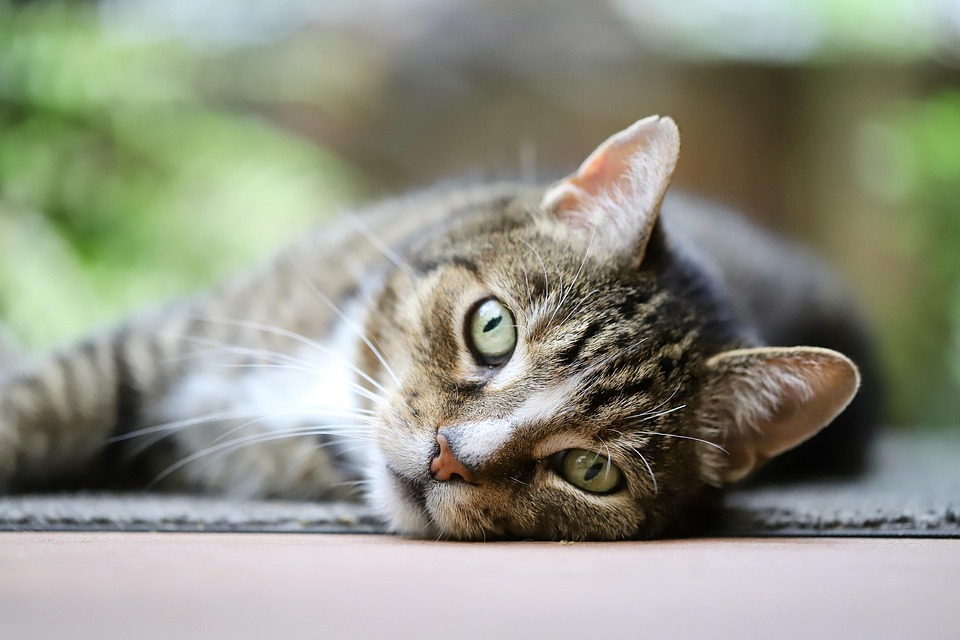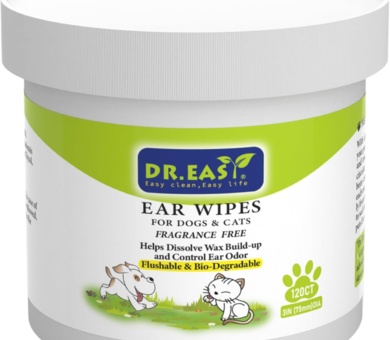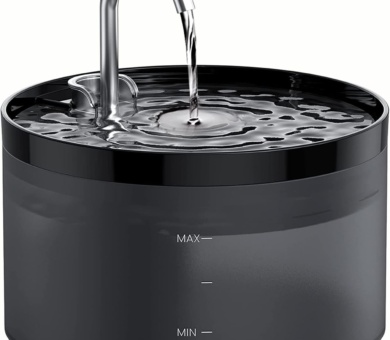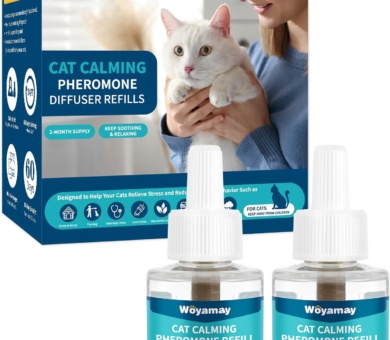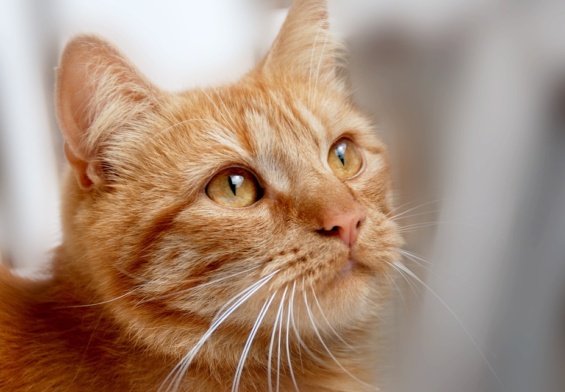The Rise of Adaptogens in Cat Supplements: Is it Right for Your Cat?
In 2025, the pet wellness industry continues to mirror human health trends, with the latest buzz centering on adaptogens—natural herbs touted for their stress-busting and immune-boosting properties. Once a staple in holistic human diets, these botanicals are now making their way into your cat’s food bowl. But as shelves fill with products like Felimmune Adapto-Blend and PurrCalm Stress Support, pet owners are left wondering: Are adaptogens safe—or even beneficial—for feline companions?
What Are Adaptogens?
Adaptogens are a class of non-toxic plants and fungi believed to help the body resist stressors, from environmental triggers to emotional anxiety. Common human-focused varieties include ashwagandha, rhodiola, and reishi mushrooms. In 2025, pet brands are reformulating these ingredients into cat-specific supplements, claiming they’re tailored to feline biology. For example, some products use modified versions of astragalus or bacopa monnieri, which are marketed as gentler and more bioavailable for cats.
The Promised Benefits
Proponents argue that adaptogens could address widespread concerns among cat owners:
- Stress Reduction: With cats prone to anxiety from changes in routine or loud environments, adaptogens like chamomile-infused blends claim to promote calmness.
- Immune Support: Ingredients such as turkey tail mushroom extract are pitched as natural immune modulators.
- Anti-Aging Effects: Some products target senior cats, boasting improved cognitive function and vitality through lion’s mane mushroom derivatives.
Early studies (albeit small and industry-funded) suggest potential. A 2024 trial by Feline Health Innovations reported that cats given rhodiola-based supplements showed lower stress responses during vet visits. However, robust, independent research remains scarce.
Market Boom and Marketing Hype
The global pet supplement market, projected to exceed $10 billion by 2025, fuels this trend. Brands leverage buzzwords like “holistic,” “natural,” and “vet-approved” to appeal to owners seeking alternatives to pharmaceuticals. Social media influencers and personalized subscription boxes further drive demand, often blurring the line between anecdotal success and scientific proof.
Veterinarians Urge Caution
While the idea of a natural remedy is appealing, experts warn of gaps in knowledge. Dr. Lisa Nguyen, a veterinary nutritionist, notes, “Cats metabolize compounds differently than humans. An herb that’s safe for us could be toxic to them.” For instance, ashwagandha—part of the nightshade family—may pose risks if improperly dosed. Side effects like gastrointestinal upset, lethargy, or interactions with medications are also concerns.
The American Veterinary Medical Association emphasizes that “natural” doesn’t equate to “safe” and advises against self-prescribing supplements without consultation.
Should You Try Adaptogens for Your Cat?
Before jumping on the trend, consider these steps:
- Consult Your Vet: Discuss your cat’s specific needs and health history. Blood tests can identify deficiencies or underlying issues.
- Research Brands: Opt for companies that employ veterinary scientists and conduct third-party testing. Avoid products with vague ingredient lists.
- Monitor Closely: Introduce supplements gradually and watch for changes in behavior, appetite, or litter box habits.
The Verdict
Adaptogens may hold promise, but the stakes are high with our feline friends. While early adopters swear by their benefits, the lack of long-term data means caution is essential. As the market evolves, so too should our scrutiny. For now, let professional guidance—not trends—dictate your cat’s wellness journey.
In the end, every cat is unique. What works for a social media star’s Persian might not suit your timid tabby. Stay informed, stay skeptical, and prioritize proven care above all.



